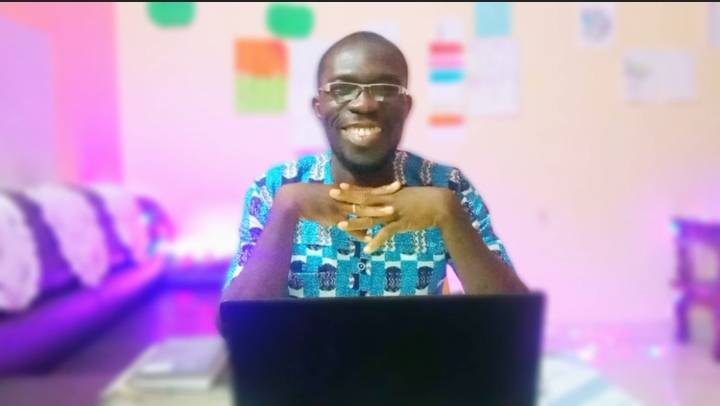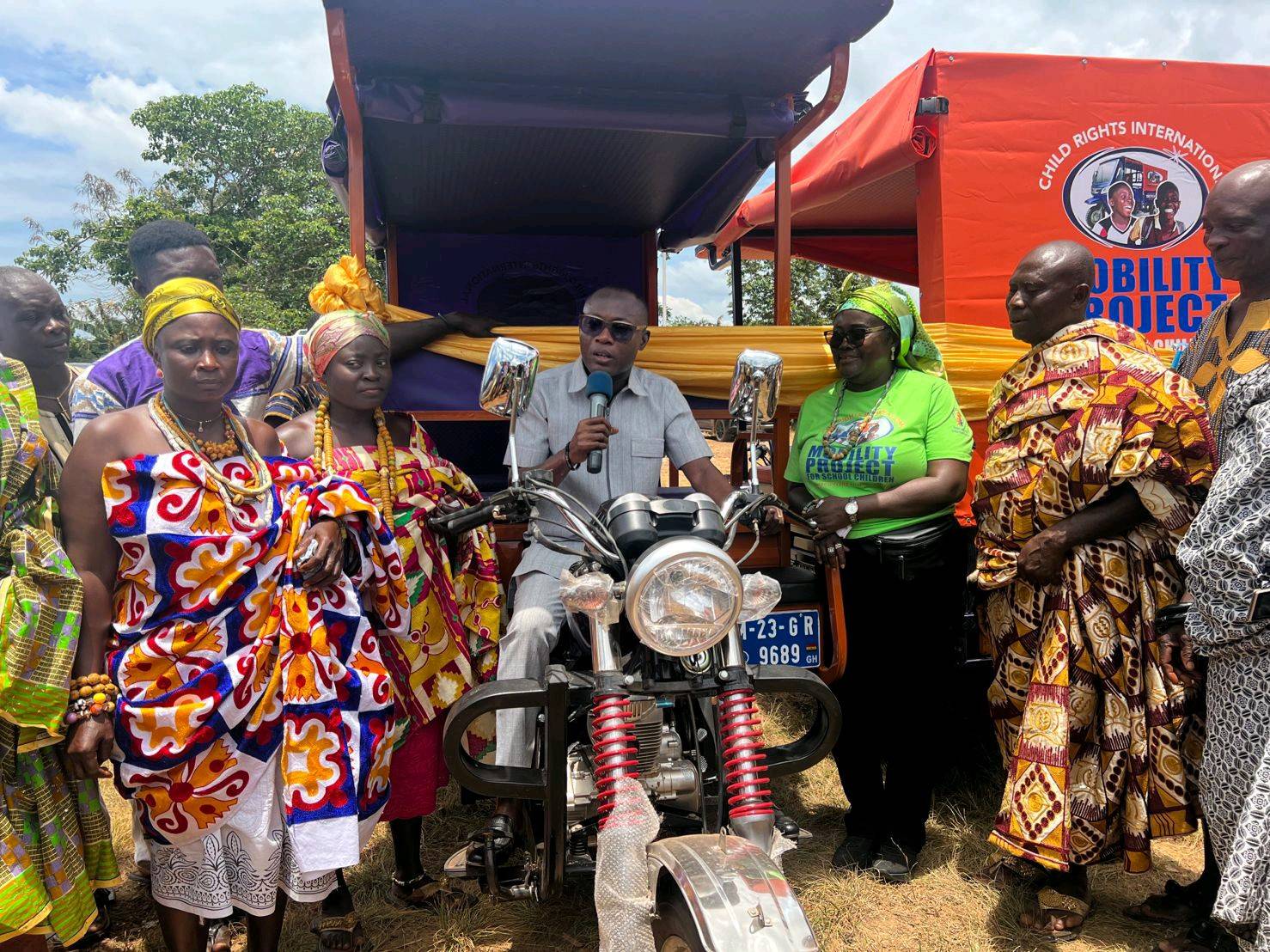Access to education in certain parts of the world is quite a challenge unlike other parts, where certain resources available make the story look quite different.
In most African regions, particularly in sub-Saharan Africa, according to the United Nations Educational, Scientific and Cultural Organization (UNESCO), education exclusions record the highest rates.
In line with a recent survey conducted by UNESCO, more than one-fifth of supposed school going children between the ages of about 6 and 11 are out of school.
This is followed by one-third of the young folk, who are also supposed to be in school, between the ages of about 12 and 14, now out of school for varying reasons.
Again, the UNESCO Institute for Statistics (UIS) has reported authentically that almost 60% of young boys and girls with ages ranging from 15 to 17 are also not in school.
These are real statistical data that are telling the true nature or state of access to education in the sub-region. This seems quite worrying.
Gradually climbing up, and not getting any better, it is obvious that, if no urgent action is taken, the situation might likely get out of hands as the region struggles with an increasing demand for education owing to a steady-growing school-age populace.
Narrowing it down to Ghana, there are particular areas, where most parents seem not to care about the educational needs of their wards. They enrol them nicely on the very first day, and the rest is just left with the facilitators to handle. Some don't even enrol them at all, and rather get these innocent children to help them trade their goods at the market squares or farm with them.
DONATION OF TRICYCLES
In light of this, to show their extreme support to improve access to quality education in a Ghanaian town called Nwamase, in the West Akim District, the Mondelez International-Cocoa Life Company reached out to the natives there. And as part of their program of salvaging the situation of school children having to walk very long distances and also be able to go to school when there are even rainfalls, they launched a program they called "Mobility Project". This was in partnership with the Child Rights International Group.
The essence of this Mobility Project was to donate a number of tricycles, also called "Abobo Yaa" to regularly convey the school children to their respective schools. Present at the ceremony were various dignitaries including the traditional leaders of the town.
This, according to Mondelez International-Cocoa Life Company, will go a long way to help the children in that community gain easy access to school for quality education.
They also called on other supporting institutions to offer the little they could afford to help improve access to education in our country.




No comments yet
Be the first to share your thoughts!